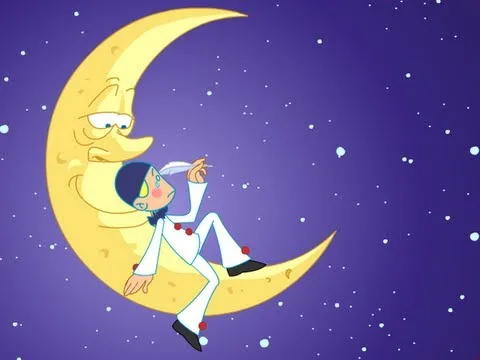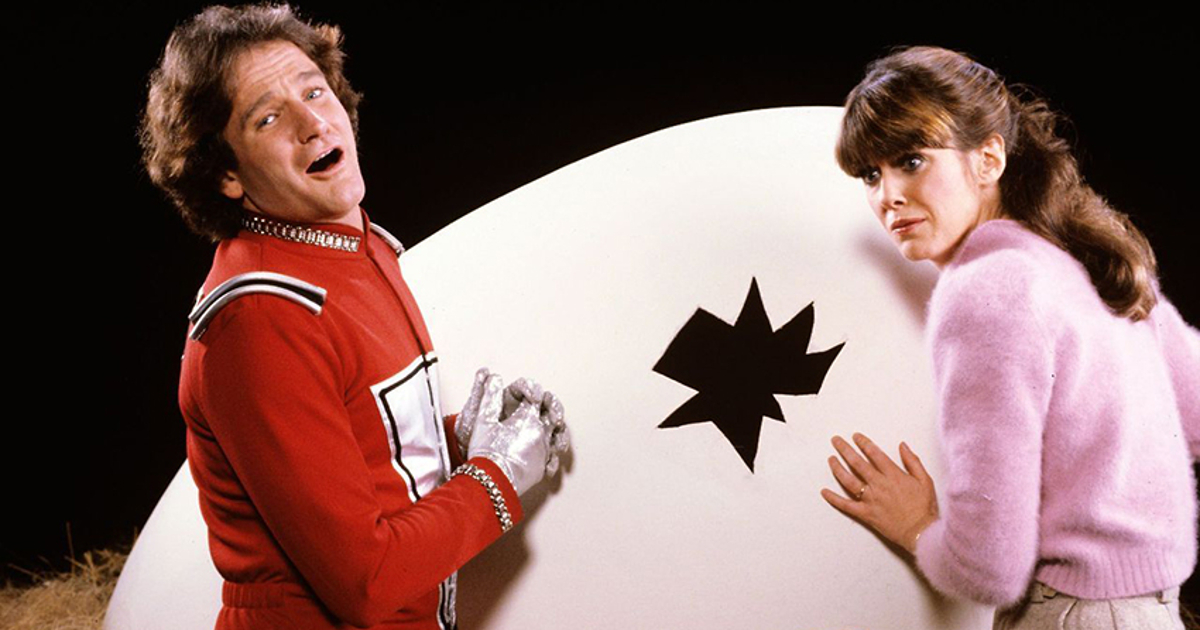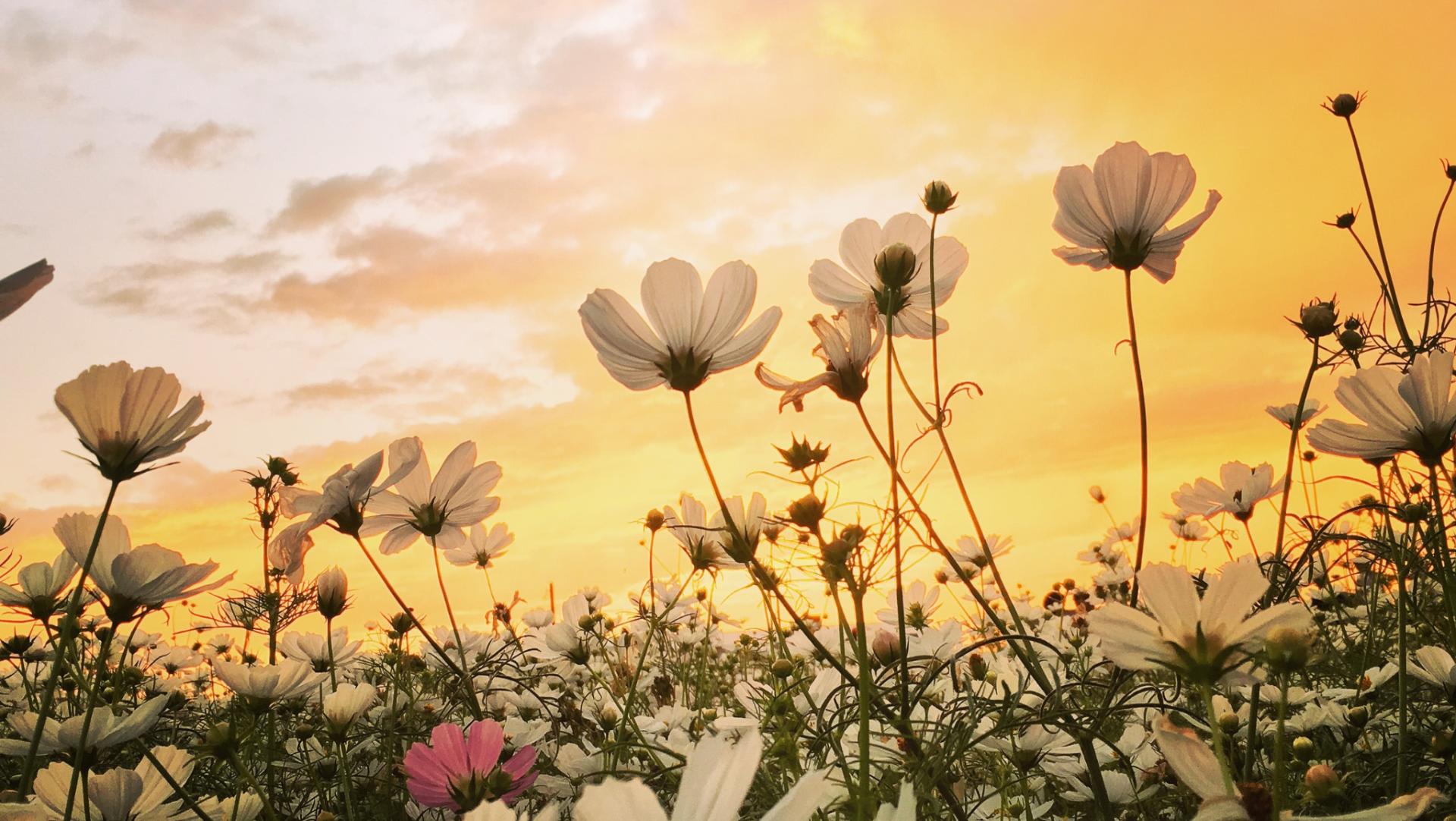Today we are listening to Au clair de la lune, a sweet French nursery rhyme from the 18th century, known all over the world as a gentle lullaby for the little ones.
In France and in French-speaking countries, it is a song rooted in tradition, which does not know time. In fact, it seems to have been written in 1700, at the time of Louis XIV by a father, an unknown Italian author, a certain Giovanni Battista Lulli, Florentine composer and musician who took the French naturalization, changing his name to Jean-Baptiste Lully. The first sound version of Au clair de la lune was made later, in 1860, thanks to the phonautograph, the first ancestor of the modern audio recorder. It is the oldest known recording of the human voice, made by publisher and bookseller Édouard-Léon Scott de Martinville, the inventor of the phonautograph. From then on, the song became very popular, no longer limited to its country of origin and transmitted orally from generation to generation.
Although generally sung as a lullaby, Au clair de la lune, thanks to its melody, is often used as an instrumental aid, such as the glockenspiel, but also in schools to learn the first words of French.
Over the years, the text will be rewritten many times. The verses are rather metaphorical and sometimes take up a religious background, intended to light the flame not of the candle but of faith. The presence of Pierrot in the first verse, an Italian mask of the 1500s, a character mainly melancholic and in love with the moon, also underlines the importance of the title: the light that should never go out, even in the night…
“Au clair de la lune
Mon ami Pierrot
Prête-moi ta plume
Pour écrire un mot
Ma chandelle est morte
Je n’ai plus de feu
Ouvre-moi ta porte
Pour l’amour de Dieu”
Among the many versions of Au clair de la lune, Ocarina has a little penchant  and recommends you to listen to ours! You can find it in the World lullabies Playlist available in the Audio section of our website.
and recommends you to listen to ours! You can find it in the World lullabies Playlist available in the Audio section of our website.
BUY HERE
Along with Au clair de la lune, the collection also includes other popular lullabies from different countries: Italy, France, England, Germany, Spain, Israel, Palestine.
Below the video where you can also discover the complete text of the song:








